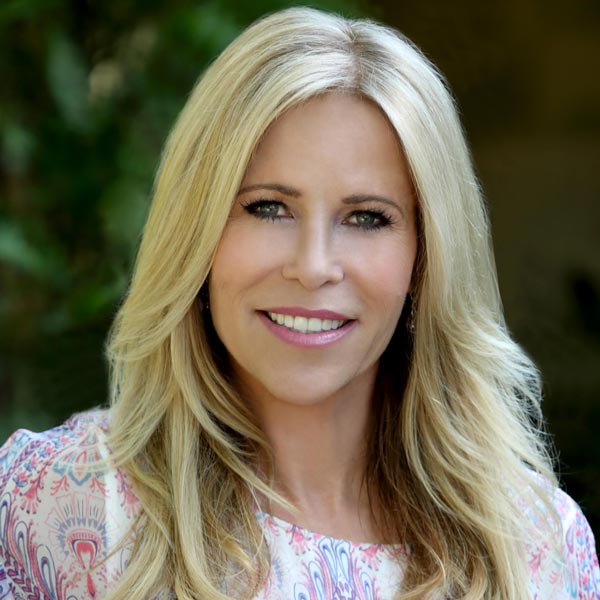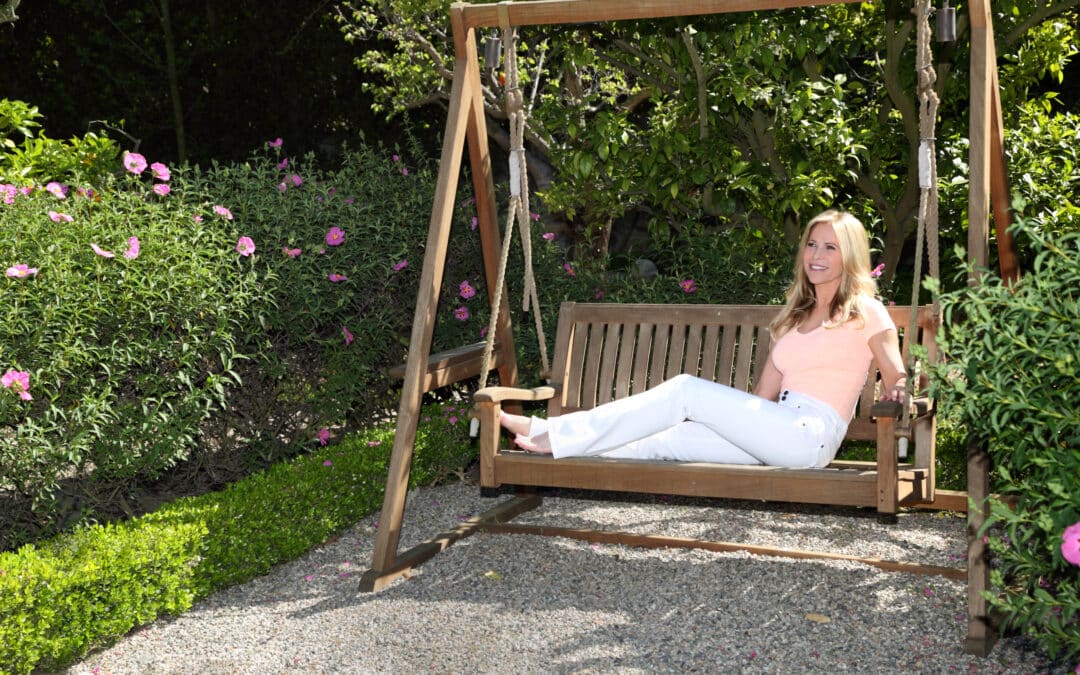In today’s world of distraction and spiritual deviation, it can be easy for us to get stuck in a surface-level cycle. A cycle that allows for no self-reflection and personal growth. This cycle must be broken if we are to find any sense of mission or meaning, especially in recovery. It is the only way in which we are going to create change in our lives. As the iconic author and philosopher-psychologist Viktor E. Frankl said, “When we are no longer able to change a situation – we are challenged to change ourselves.”
The Importance of Self-Reflection and Personal Growth
Self-refection rarely just “happens.” It takes action and time, hard work, and patience. But, when we make this effort and take the time, we are often richly rewarded.
Self-reflection and personal growth are, in essence, mutually exclusive. You must practice self-reflection if you are going to gain any sense of personal growth. How can we grow if we don’t know the reason why we should? We must go inside and connect with the soul and discover what it is that we want out of life.
If we meditate with rigorous earnestness and openness, we will also find that what we want out of life is connected to something greater than ourselves (often referred to as a Higher Power of our own understanding). We have become willing to “Let go and let God.” The growth from this realization is both essential and unquantifiable. The same is true with many of the other benefits that arise in tandem with self-reflection and personal growth.
The Benefits of Self-Reflection and Personal Growth
A life in active addiction is often referred to as “A life run riot.” It is a life filled with self-sabotage, self-control, and self-destruction.
In recovery, we have an opportunity to quiet that “riot” that was so detrimental to us and everyone unfortunate enough to get caught up in our path. Self-reflection and personal growth offer us the opportunity to live a life beyond our wildest dreams, with the benefits once thought unattainable.
#1. A Reduced Risk of Relapse
Many people don’t realize just how common relapse in recovery really is. According to the journal Current Psychiatry Reports, “It has long been known that addictive disorders are chronic and relapsing in nature. Recent estimates from clinical treatment studies suggest that more than two-thirds of individuals relapse within weeks to months of initiating treatment.” Also, “For 1-year outcomes across alcohol, nicotine, weight, and illicit drug abuse, studies show that more than 85% of individuals relapse and return to drug use within 1 year of treatment.”
One of the biggest reasons for these relapses is that we are unable to be honest with ourselves when we begin to struggle in recovery. This lack of honesty comes from a lack of self-reflection, and not only does personal growth become unattainable, but relapse often becomes inevitable.
When we self-reflect openly and honestly in recovery, we discover what areas of our lives we are struggling in. Then we can address it. In instances of relapse (or pre-lapse), self-reflection can help us avert it.
#2. Better SUD Symptom Management
Self-reflection and personal growth also help us to manage our lives in a way that can keep the symptoms of substance use disorder (SUD) in remission. This is because of how self-reflection and personal growth are attained via mediation and spiritual connection.
When we self-reflect, we are quieting the mind and connecting to the root/core of who we are: our soul. This connection to the soul lifts us beyond the symptoms of SUD that aim to hold us back and thus allow for change.
#3. A Decreased Risk of Co-Occurring Disorders
There is also little doubt of the periphery benefits that come from the process of self-reflection via mediation. One of these benefits is the tempering of certain signs and symptoms that can lead to co-occurring disorders alongside SUD.
These are benefits like the reduction of stress, anxiety, and depression. Self-reflection has also been shown to increase cognitive functioning and help to address issues of trauma before they manifest into something more severe like post-traumatic stress disorder (PTSD).
#4. The Ability to Change
The Greek philosopher Heraclitus said, “There is nothing permanent except change.” However, positive change does not just happen.
With self-reflection, change will happen, as they say in 12-Step recovery, “Sometimes quickly, sometimes slowly.” But with rigorous effort, openness, and honesty, positive change will happen, and it will be in the form of personal growth.
The Mission of Yahlight: Releasing the Power
At Yahlight, we understand that when we self-reflect, we not only have an opportunity to connect to ourselves, but we also have an opportunity to connect to God.
This connection to the sunlight of the spirit allows us to grow to heights we once thought unattainable. This connection releases the power within us. The power to change anything and everything.
Self-reflection can help us recognize areas of our lives that we must change and help us set goals to make those necessary changes happen. How can we know ourselves and live authentic lives if we don’t take the time for self-reflection? Change is one of the most difficult things for anyone to do. But, when we dare to “change the things we can,” we experience personal growth, and inner power is the result. To go from powerless to powerful, we need to take the time to reflect on the areas where we need to let go. God is always challenging us to change, and when we do, the power is released. For more information, please reach out via our website.

Tonyah Dee has studied the Bible and wisdom traditions of the world for the last 30 years and teaches about finding ways to increase inner strength, stability, and confidence through practicing spiritual disciplines and healthy habits daily. Tonyah is a nutritionist, registered dietitian (R.D.), and earned her B.S. from Loma Linda University. She also holds certifications in Christ-centered life coaching, and meditation. Tonyah has been published in Scary Mommy, MSN, The Mighty, Mantra Wellness, CoveyClub, Thrive Global. Follow Tonyah on her blog, Facebook, Instagram, YouTube, LinkedIn, and Medium.

